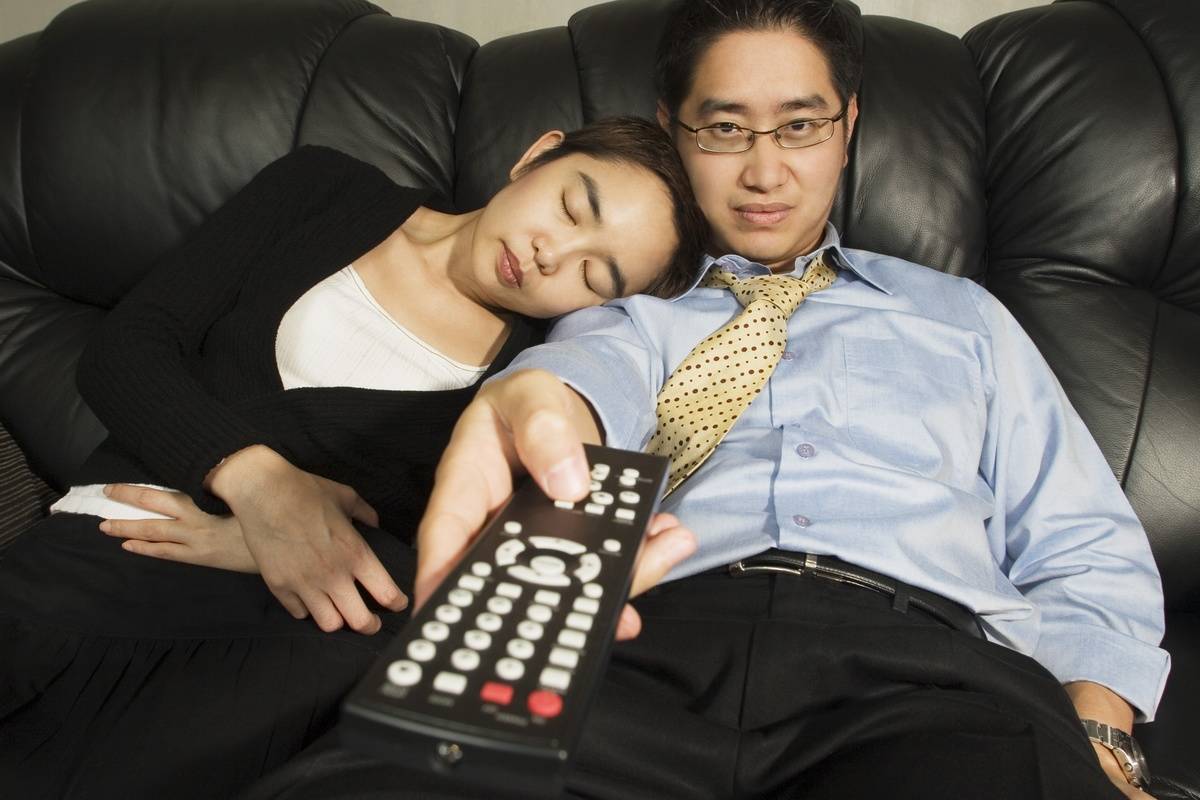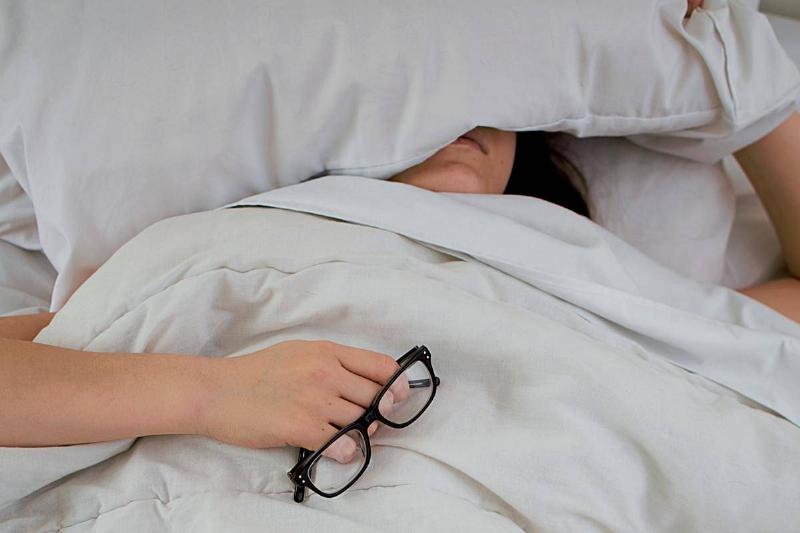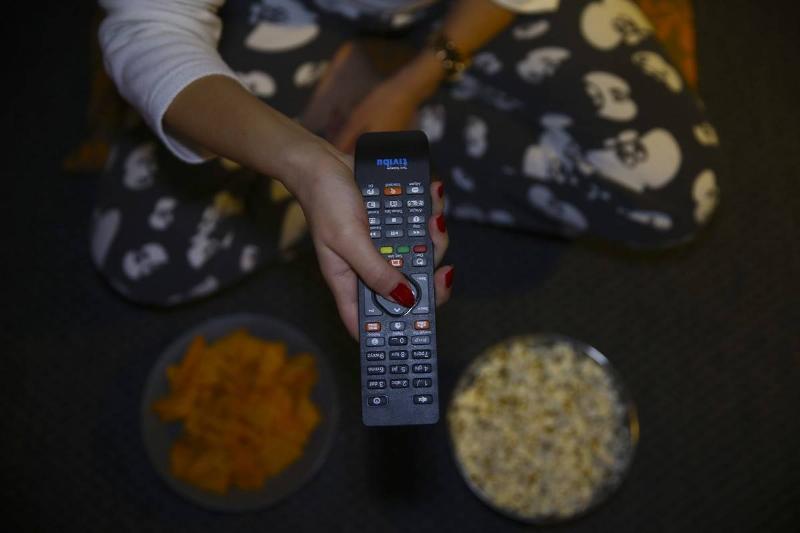According to the CDC, over 66.7% of Americans have tried to lose weight at one point. While people might track calories throughout the day, what they do at night can ruin those efforts. Simple habits like using your phone in bed and eating a late dinner might make people gain weight. If you want to burn more fat, learn how to correct these mistakes.
Schedule Enough Rest, And Go To Bed On Time
If you want to lose weight, you should aim to get at least seven hours of sleep. In 2013, a study analyzed how sleep affects obese people. When participants did not get enough sleep, they experienced a higher appetite, slower metabolism, lower insulin tolerance, and higher blood sugar.
The National Sleep Foundation explains that sleep influences hormones. When people lack sleep, their neurotransmitters send out more hunger signals. That is how weight gain directly ties to sleep. At night, go to bed at a time that will guarantee that you get enough sleep.
Never Sleep With The TV Or Light On
In 2019, researchers discovered that leaving the TV on while you sleep can cause weight gain. According to the National Institutes of Health, sleeping in light can have health consequences, such as inhibiting your metabolism. Participants who slept with the TV on gained 11 more pounds over five years than those who sleep in darkness.
Although researchers could not confirm why this happens, they believe that it has to do with sleep quality. Light tells the body to stay awake. When people sleep with lights on, their quality of sleep drops, which is linked to metabolism and weight gain.
Eating At Night: More Complicated Than It Sounds
A popular diet myth warns people not to eat late at night, because it will lead to weight gain. But there is not a lot of evidence for this claim. Research has varied; one study on mice found that it causes weight gain, while another on monkeys saw no correlation.
In The American Journal of Clinical Nutrition, a test on humans concluded that nighttime eating caused weight gain. That said, you should watch what you eat at night. Winchester Hospital says that people tend to overdo late-night eating, not because they are hungry, but because they crave sugary, salty, or fatty foods.
Stop Using Your Cell Phone Before Bed
Although many people scroll through their cell phones before bed, it is not healthy. At the Society for the Study of Ingestive Behavior Conference, scientists reported a study done on rats. When rats were exposed to more blue light, they tended to eat more sugar water.
This research can be applied to humans. The more blue light we see from phones or tablets, the more we tend to crave sugar. Also, blue light tends to keep people awake. More sugar and less sleep are a recipe for weight gain.
How Oral Health Connects To Weight
Did you know that dental care is directly connected to weight gain? In 2017, Thai researchers examined the differences between overweight people and those with a healthy BMI. Overweight participants tended to have worse oral health than the others. In fact, obese people were 5.9 times more likely to have gum disease.
Microbial science professor Yiping Han explains that inflammation is the cause. The more inflammation is in your body, the more likely you are to get sick. He does not “actually know if this is a one-way or two-way street.” Regardless, remember to brush your teeth before bed.
Do Not Eat Dinner Too Late
While eating light snacks at night will not affect your weight, large dinners will. In June 2020, the Endocrine Society conducted a study on late-night dinners. When participants did so, they had a lower glucose tolerance and did not break down fat as efficiently.
“On average, the peak glucose level after late dinner was about 18 percent higher, and the amount of fat burned overnight decreased by about 10 percent compared to eating an earlier dinner,” said author Dr. Chenjuan Gu. If possible, finish dinner at least three hours before bedtime.
Also, Do Not Skip Dinner
While eating a late dinner can make you gain weight, skipping it also will. In January 2021, scientists from Osaka University tracked over 25,000 students’ eating habits. When students skipped dinner, they had a higher BMI.
In fact, when they skipped any meal and ended up eating later, they gained weight. According to registered dietitian Jim White, going to bed hungry interferes with sleep. And lack of sleep results in more weight gain. You can feel a little bit hungry before bed, but do not skip dinner.
Boredom Results In More Calories
Believe it or not, boredom is linked to weight gain. Registered dietitian Isabel Smith explains that, when people search for activity, eating becomes the easiest one. When they have nothing to do, people tend to overeat.
A study in Addictive Behaviors confirmed this. When researchers gave people of different weights a boring task, all of them ate during it. Obese people ate more than those with a healthy BMI. If you feel bored at night, you might benefit more from going to bed early than from snacking.
Distracted Eating Leads To Weight Gain
Although many people eat dinner while watching TV, this can harm their weight. In 2013, scientists examined children (ages ten through 12) who ate while watching TV. When kids ate breakfast or dinner in front of the TV, they were more likely to be overweight.
According to Harvard Health Publishing, it comes down to distracted eating. When people are distracted, they tend to eat more, because they do not sense when they feel full. Slow, mindful eating will help you listen to your body, eat less, and lose more weight.
Night Owls Tend To Gain Weight
According to a study by Northwestern University, people who consistently go to be late are at a higher risk of weight gain. Generally speaking, people who sleep late tend to eat late dinners as well. On average, they consume 248 more calories than early sleepers, researchers said.
But there is more to the story. People who go to bed late tend to sleep less. When people lack sleep, they have a higher risk of weight gain, says a 2015 study in Obesity. To prevent this, aim for a regular sleep schedule and early dinners.










